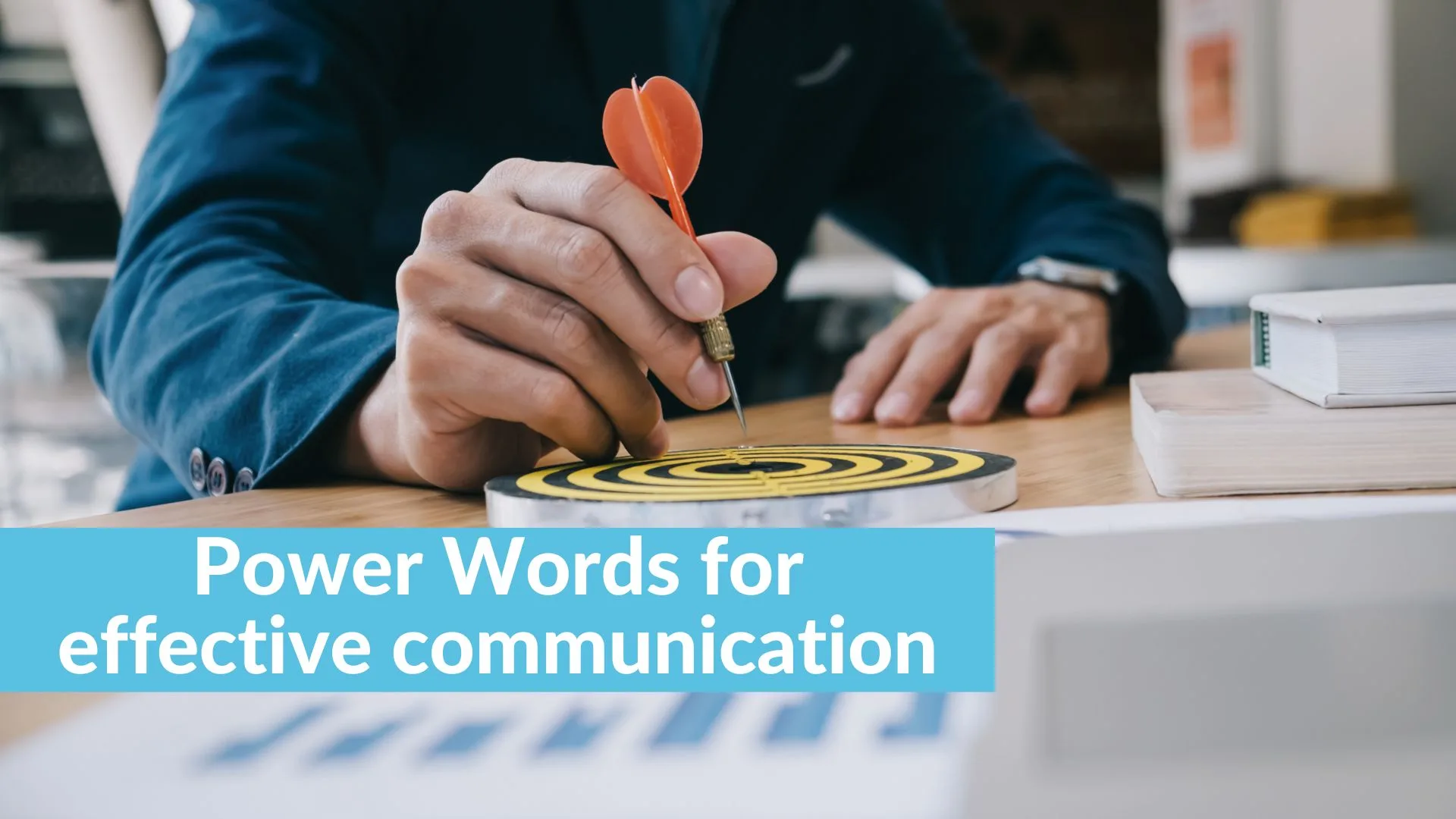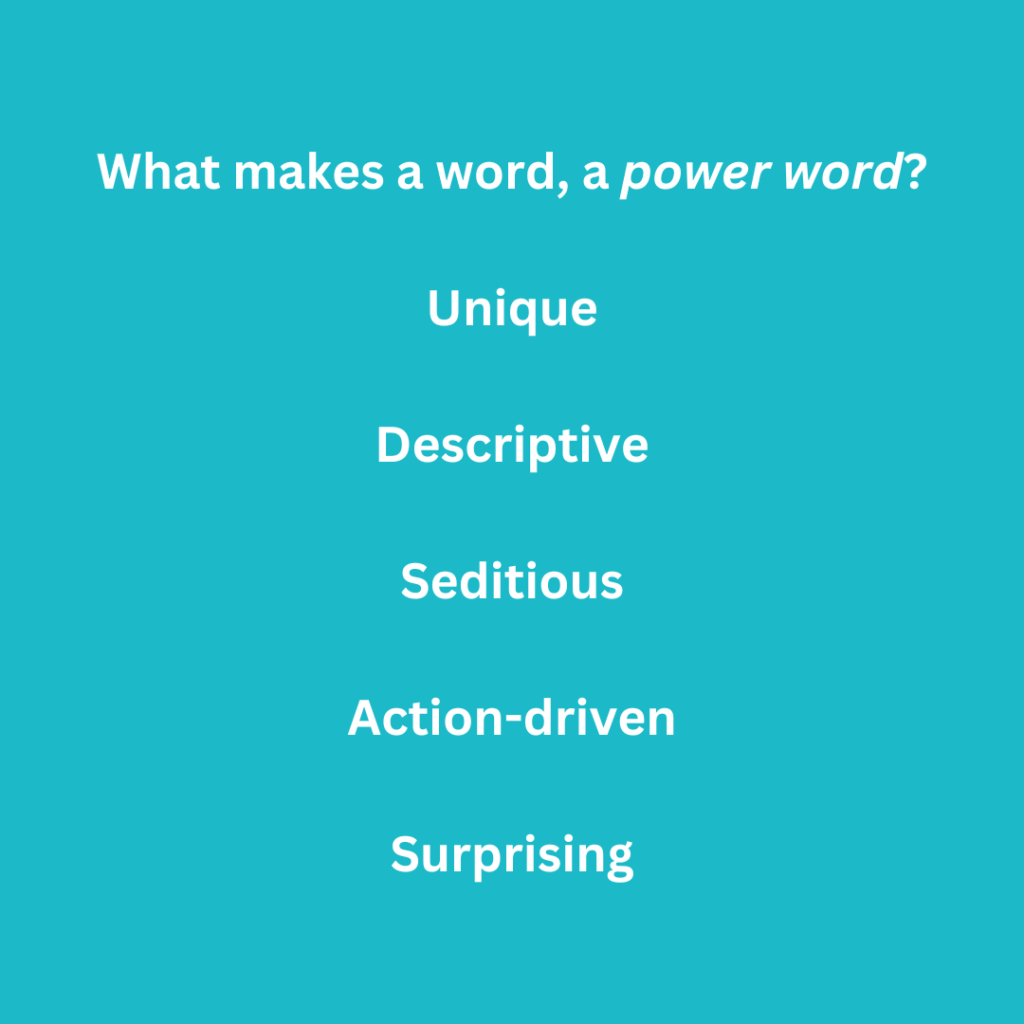Your cart is currently empty!

Choose your [power] words wisely
Words are powerful, and you should choose them wisely when giving a speech. This is common knowledge, but what does wisely mean exactly?
When you decide to go on stage and stand in front of an audience under the spotlight, you want to be heard. A good speaker is inspirational and quickly catches the audience’s attention, but how much of that is about their words?
Power Words for Keywords
Keywords are words you introduce in your speech with a specific goal. They tell what your speech is about or what you expect from your audience. Choosing keywords can be challenging because one word can be psychologically associated with different things for you and your audience. It is important that you know them as much as possible.
Good speakers know they can’t go on a stage and say everything they know. They have to summarize, be precise, and get to the point. Here is where keywords come in handy.
Emphasizing the right words helps your audience to focus on what’s important.
The right word can change the world
There have been unforgettable speeches throughout history, and each one has many important elements that you should study if you want to become a great speaker. Yet, they all have something in common: they all have strong keywords or power words.
Spoken, written, or in the short video content you see on the Internet these days, power words catch your audience’s attention by making them feel a particular emotion. So, you must choose words that trigger the specific emotion you want. Your power words shouldn’t conflict with each other.
What do you want to inspire?
Think about your goals for your speech and what feelings you want to inspire in your audience even before you start writing. Below are examples of words you can use to provoke specific feelings.
Let’s start with curiosity. How do you make your audience curious? Here are some examples.

Another strong emotion is fear. Fear is the most powerful emotion that grabs people’s attention and is often used in the media.
Yet, you must be careful. You want them to feel a little anxious to know more, not fearful to the point that they have negative feelings towards you and your presentation. Adopt a protective posture towards your audience and make them feel safe with you before you try to evoke these feelings of fear. You are not scaring them; you are saving them.

If you, on the other hand, are trying to make your audience feel safe and secure, then you need to trust you’ll keep your promises. The following keywords can help you achieve that.

One of the biggest fears a speaker may have when presenting is that the audience doesn’t recognize their authority. Usually, they arm themselves with stats and facts and dump them on the audience. The right words can help you more effectively establish your authority to your audience.

Besides the audience recognizing your authority, you also need them motivated to listen to your speech. This task is not simple; you must encourage them to listen actively and engage. Some power words can also help you with this task.

The Power of Keywords
Power words are not tricks to manipulate or influence your audience. They simply help you to grab their attention and engage them in your presentation by going beyond their unconscious filters and creating meaning.
Look for unique and action-driven words for your speech, according to what you expect from your audience. Effective communication can look like a form of art, but it has science, too, and you can learn it.
Cátia is a psychologist who is passionate about helping children develop and train social skills.


